Topics related to renewable resources and natural disasters united students from the Bulgarian Sunday School "Assen and Iliya Peykovi" in Rome, the First English Language School in Sofia and the Greve High School near Copenhagen. The project aims to highlight pressing environmental problems and follow the initiatives that are implemented in the three countries.
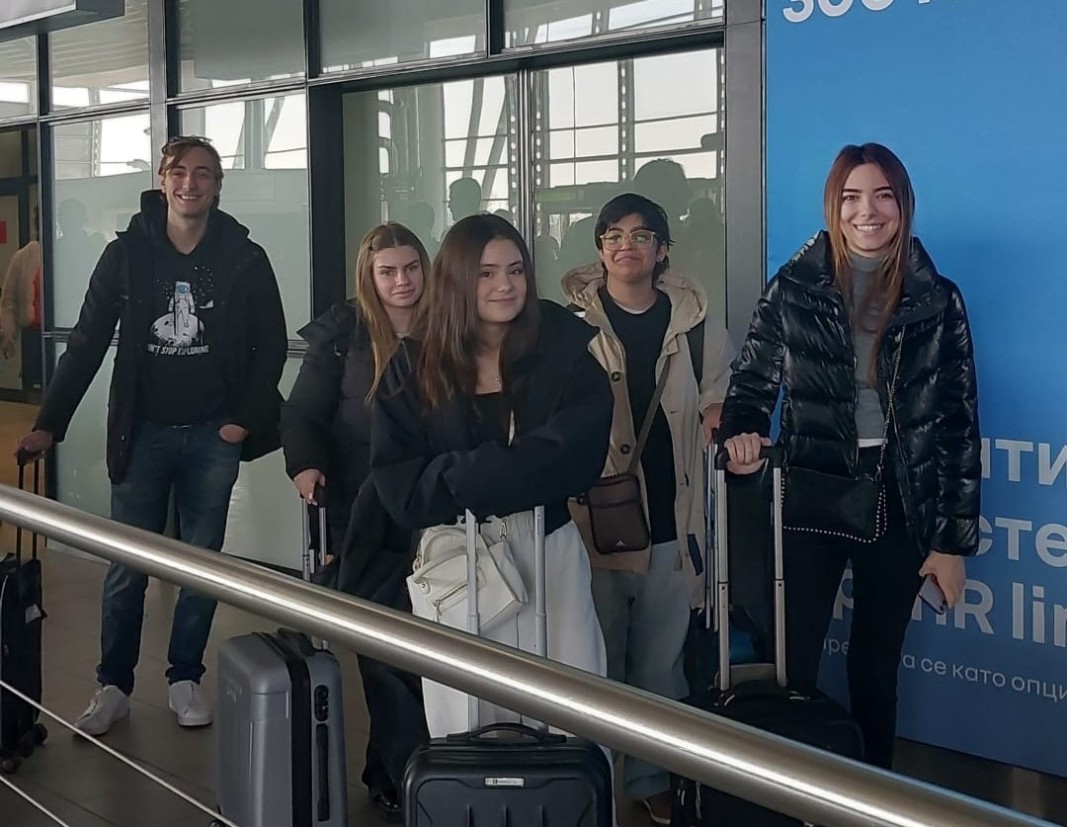
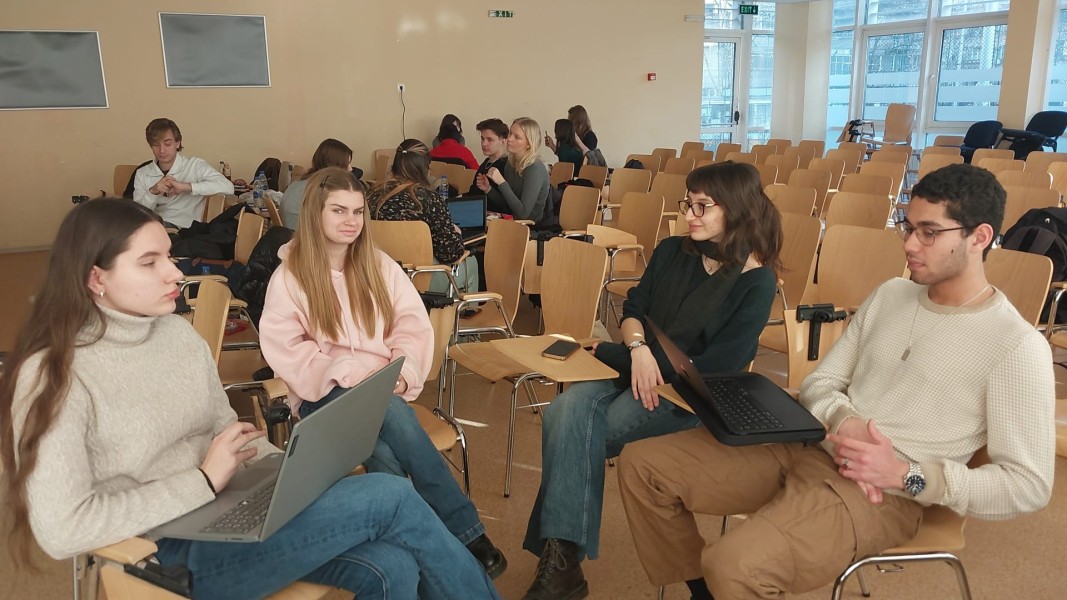
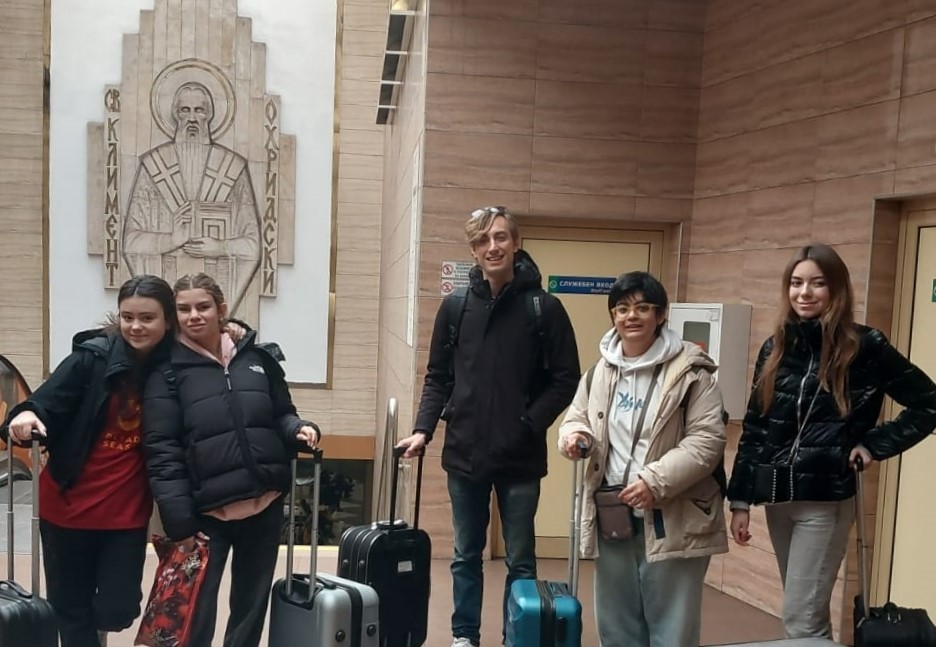
To learn about nuclear energy, the students attended a lecture at the Faculty of Physics of Sofia University "St. Kliment Ohridski", which helped them with one of the tasks related to analyzing public attitudes and awareness of innovations and the right actions during natural disasters. Amira Kacharova, a student from the Bulgarian school in Rome, shares:
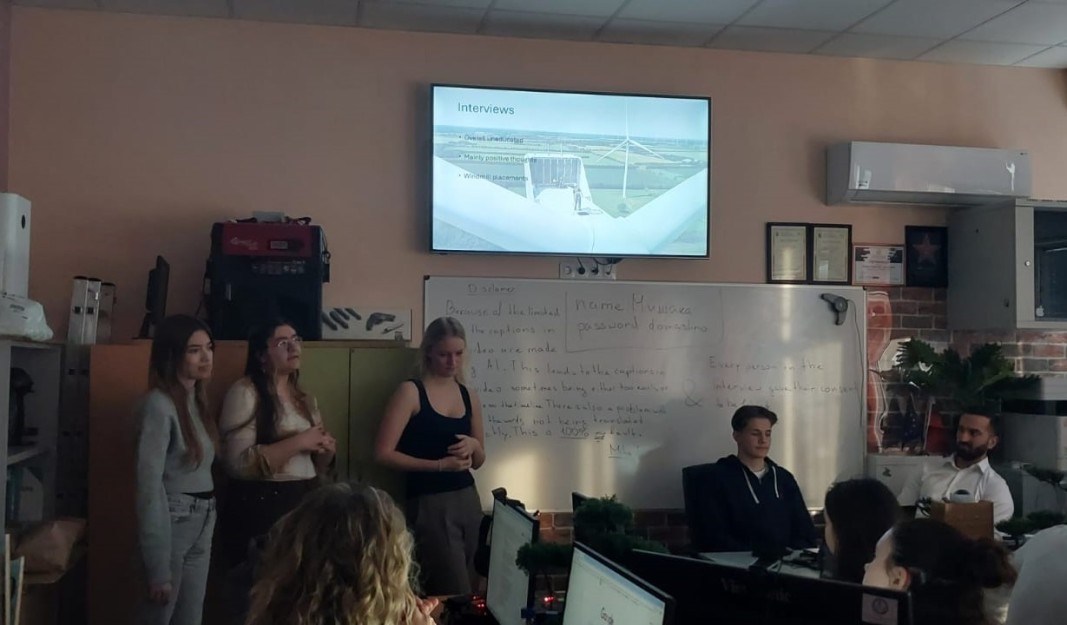
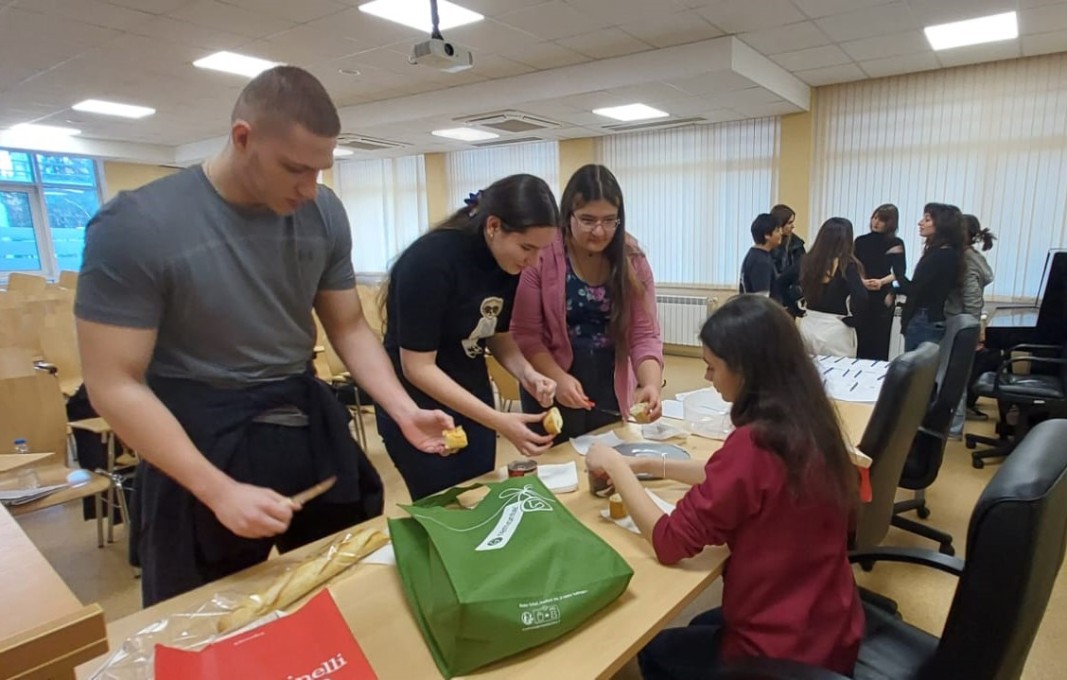
"We still maintain contact with the people from the previous project 6 years ago, we write to each other, we call each other and share ideas. These projects are very useful. We are together almost all day. You are surrounded by a nice energy that remains in the years to come."
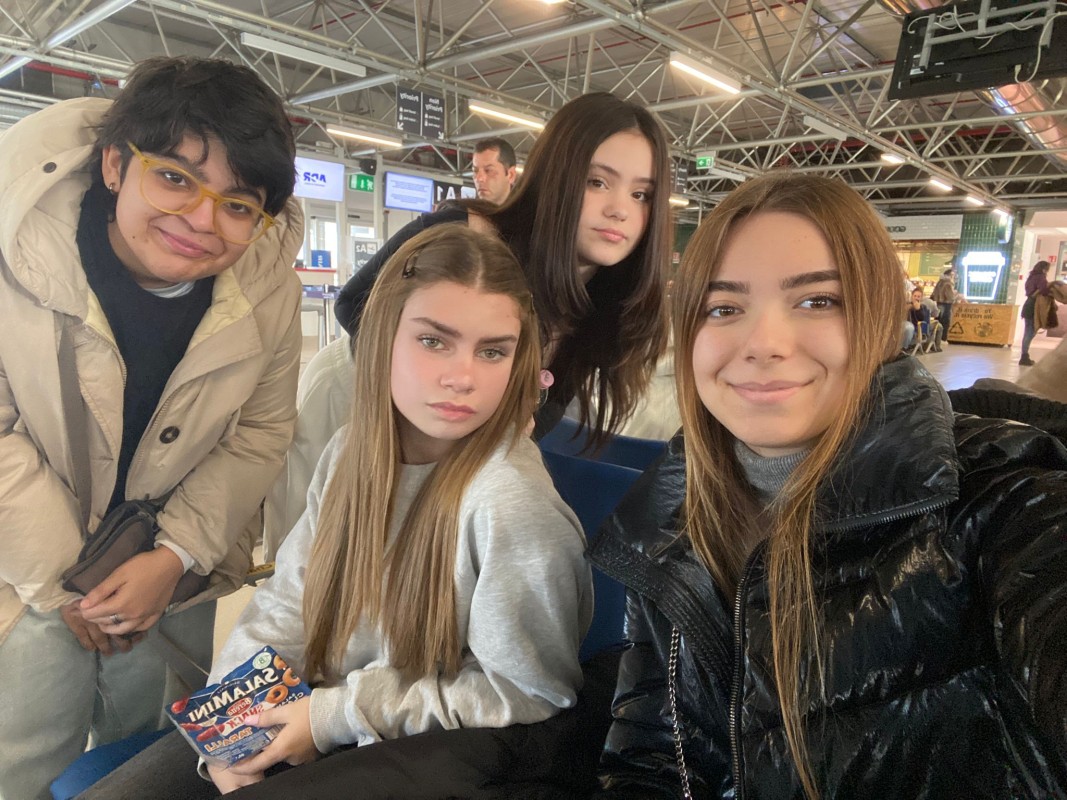
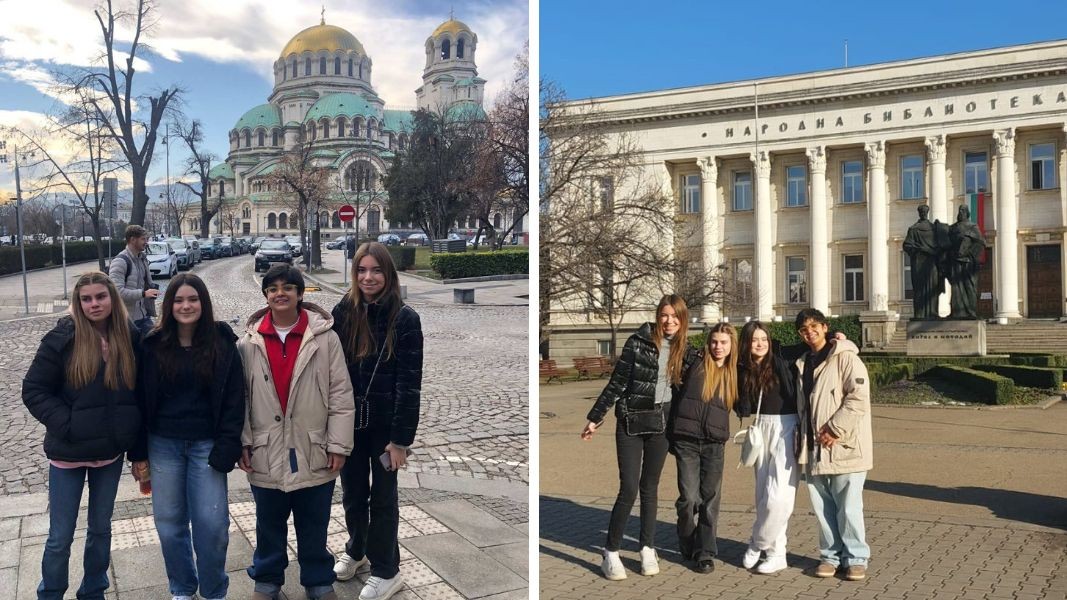
When a contribution in the sphere of science is transformed into the basis for subsequent in-depth research the boundaries between countries and continents seem to melt away – literally and figuratively. That is precisely what happened during a..
Sofia is hosting the finals of ER Champ 2025 — described by the organisers as the world’s largest international escape room competition . Taking place on 19 and 20 October, the event will bring together twelve teams from around the globe , each of..
More than 500 people from across Bulgaria are gathering today in the village of General Todorov, near Petrich, for the national festival “Once Upon a Time… When Bread Had a Soul,” the village mayor, Stanislav Stankov, has announced. Now in its fourth..
A celebration of children’s love of books and imagination will take place on 25 October in Los Angeles, organised by the Bulgarian School “St. St. Cyril..
The cool autumn evenings give us a reason to immerse ourselves in the cosy atmosphere of restaurants in Sofia and try new flavours..
Today, 24 October, a new Bulgarian school in Spain – in the town of Fraga in the autonomous community of Aragon - is opening doors for the start of the..

+359 2 9336 661
